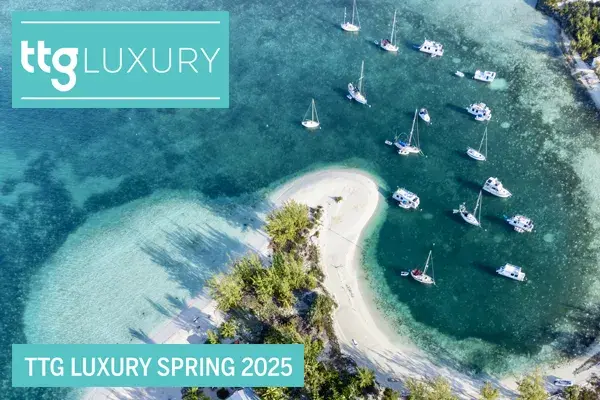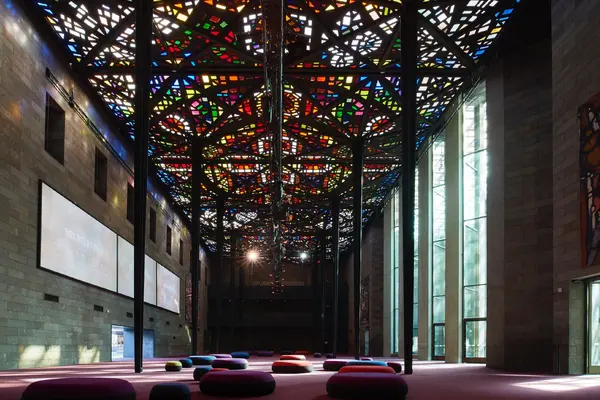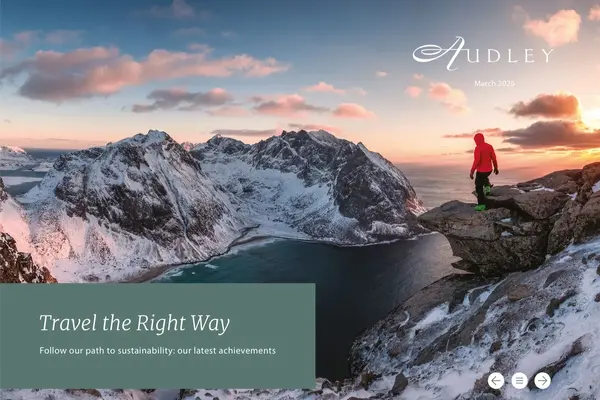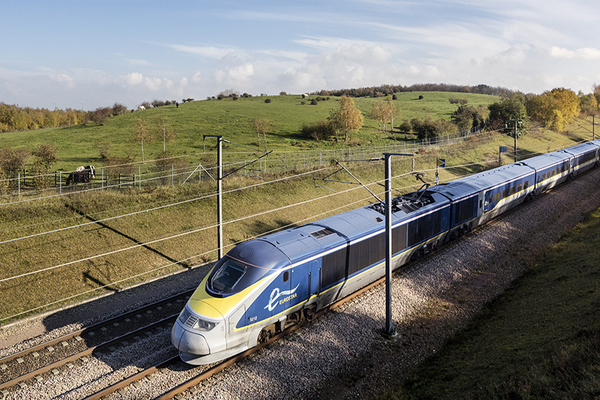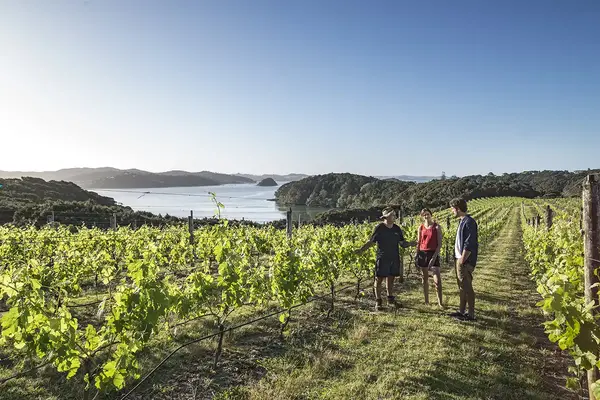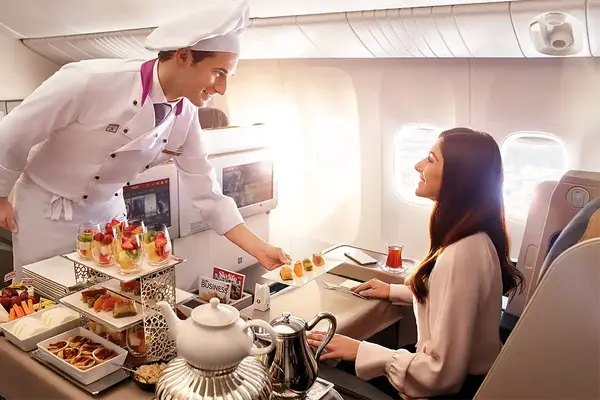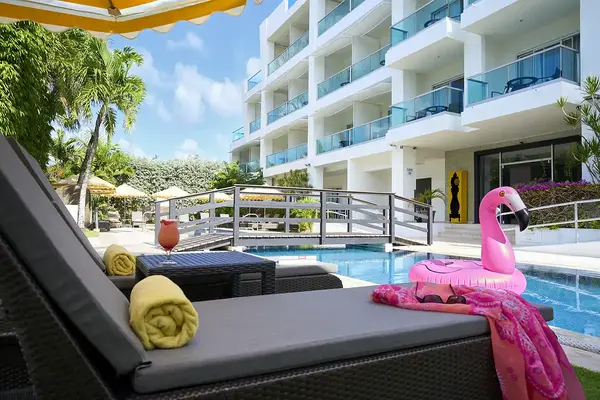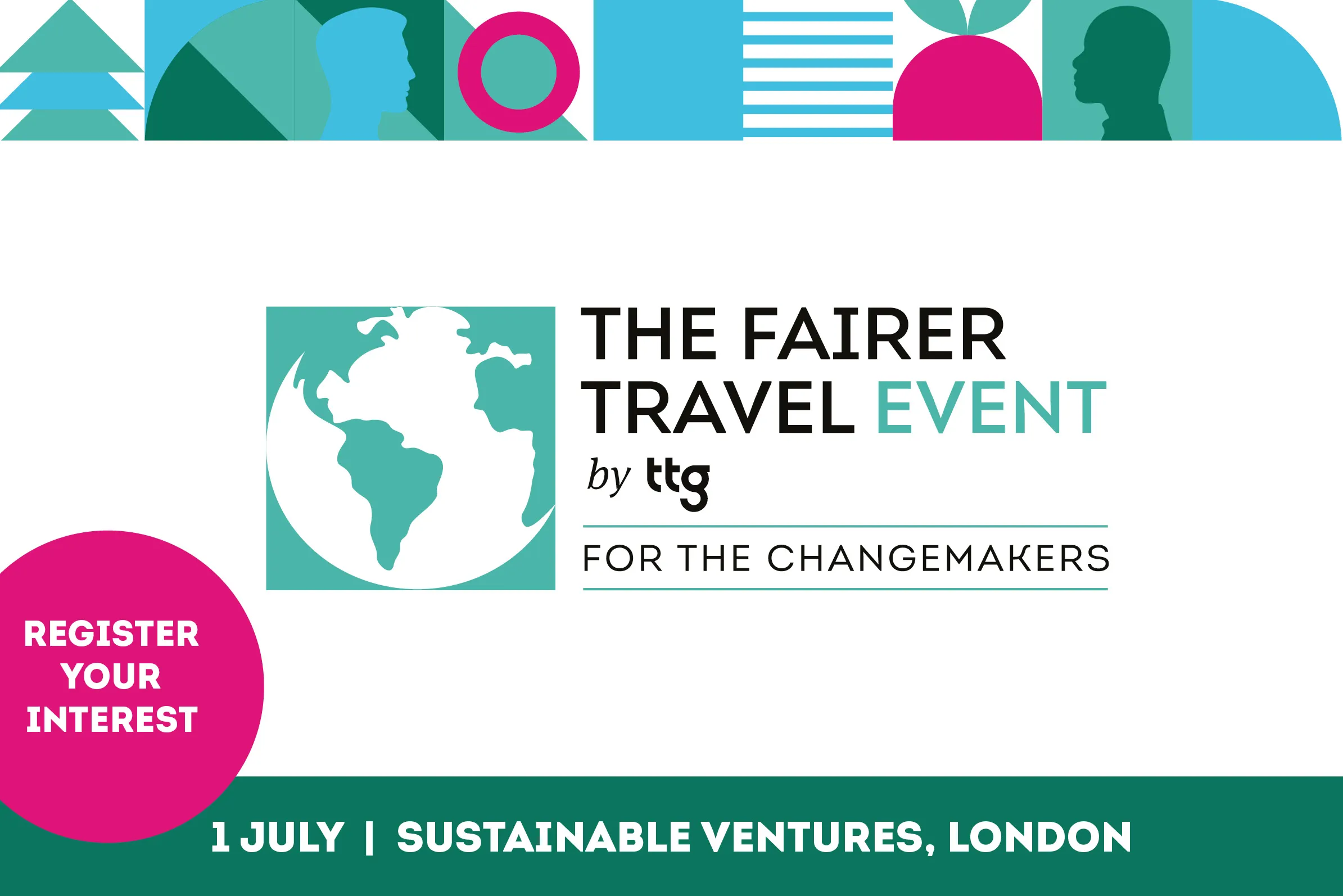'Travel and tourism gets a bad rep – it's time we fought back against the negatives'
05 Dec 2024by Chris Crampton
To continue reading this article you must log in.
If you've never set a password you may need to register for free here and get unlimited access.
For assistance contact support@ttgmedia.com
Sign up for weekday travel news and analysis straight to your inbox
Trending now

Chris Crampton
Supplier Directory
Find contacts for 260+ travel suppliers. Type name, company or destination.
Editor's pick
Most Read this week
Trending now
Recommended For You
Latest travel jobs
Travel Consultant - Belfast/Newtownabbey (NI)
£CompetitiveAntrim, United Kingdom
Travel Consultant - Bearsden
£CompetitiveDunbartonshire, United Kingdom
Cruise Consultant, Glasgow
£CompetitiveLanarkshire, United Kingdom
